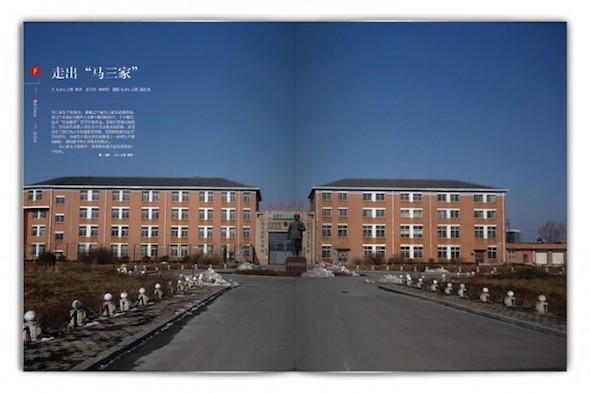For Labor Camp Prisoners in China, Closure Announcement Is Bad News
Epoch Times
By John Nania, Epoch Times

For many prisoners of conscience in China, the announcement to close labor camps means out of the frying pan and into the fire.
The announcement to abolish the so-called “re-education through labor” system was made in the wake of the recently completed Chinese Communist Party leadership meeting, the Third Plenum.
It is reported as if it is fresh news, but in effect the decision had been made, and the closures had begun, months ago.
The news is also hailed as a sign of reform under China’s new leadership, but in reality it is only window dressing. Many of those detained will not be released, but instead transferred to other facilities where there is even less regulation and oversight, such as black jails and brainwashing centers.
Concretely, it means that the guards at the new facilities have the green light to abuse and torture with fewer restraints—not a sign of progress for those individual prisoners, nor for China under the CCP.
Practitioners of Falun Gong form the largest group of prisoners of conscience in China. The Falun Dafa Information Center reported in October that “abductions and torture of Falun Gong practitioners in China continue on a daily basis, despite closures of some forced labor camps in recent months.”
A recent campaign not trumpeted to foreign media is the so-named “Final Battle” to brainwash millions of Falun Gong practitioners throughout China.
The Party’s latest announcements make a show of moving toward reform, but real reform would start with actually releasing all of the Chinese regime’s prisoners of conscience.
